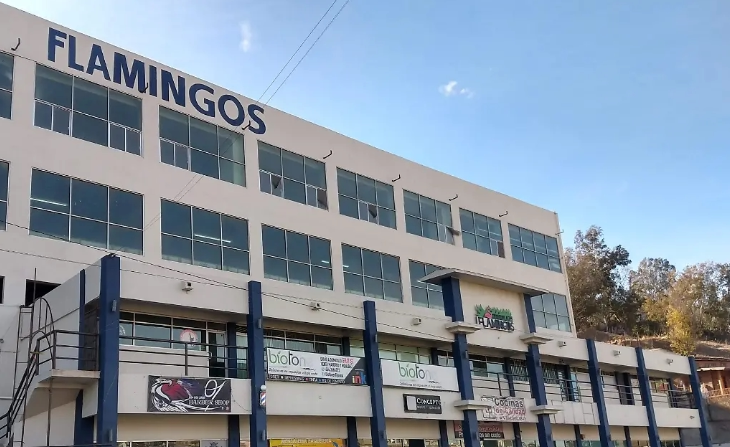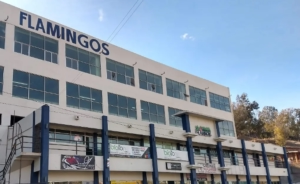Since President Donald Trump took office, Tijuana’s main shelter for deported Mexican nationals has recorded 10,566 admissions as of October 21. This total includes 611 people admitted this month. Shelter administrators report a steady flow of migrants. However, the numbers remain below initial projections made by local authorities.
Shelter coordinator Mónica Juliana Vega Aguirre confirms that most arrivals are single men. Family units are the next largest group. She highlights a notable contrast between policy discussions and actual statistics. She says, “When you look at official numbers from the National Institute of Migration, the number of deported Mexican nationals has actually been less than what we saw in 2024.” Despite these lower numbers, the facility maintains its registration and orientation system in full operation. It remains ready to absorb peaks without overloading dormitories.
The center’s management has declined requests from other shelters and advocacy organizations to extend the duration of stays or allow in-and-out privileges. They cite safety concerns. The facility enforces a strict 72-hour maximum stay and limits access to its premises. These measures are in place to protect residents from exploitation, violence, or disappearance. The border area remains densely populated with deportees, rejected asylum seekers, and new arrivals.
Services beyond basic care
In addition to temporary shelter and meals, the facility provides administrative support for birth certificates and passports. It also issues transportation vouchers for travel to other Mexican states for family reunification or employment purposes. Participation in these services is voluntary. Deportees may decline any assistance without penalty or consequence. The only requirement is compliance with shelter rules.
Tijuana’s plan to assist returnees and travelers is being reviewed again. Some officials want to close a major shelter, starting new debates about the value of strict short-stay shelters versus more open ones. Regional leaders strongly favor the current way: short stays, controlled entry, and care for those most at risk.
The 10,566 admissions since January 26, including 611 in October, provide an overview but do not fully capture the complexity of the situation. Many deportees had lived in the United States, worked jobs part of the year, or gone through court before being sent back. Others come because of tighter border rules. The 72-hour stay policy is designed to prevent homelessness and maintain a supply of beds for new individuals.
Operationally, the shelter’s rapid registration, document processing, and transport support prevent individuals from remaining on the streets. Advocacy groups, however, warn that the three-day limit and limited follow-up may force some to return to Tijuana without alternatives. Vega Aguirre acknowledges this trade-off, emphasizing the center’s focus on immediate stabilization and referral rather than long-term accommodation.
https://ctninfo.com/?p=37717&preview=true
Source: Reporting by Salvador Rivera for Border Report, republished by WAVY News 10








